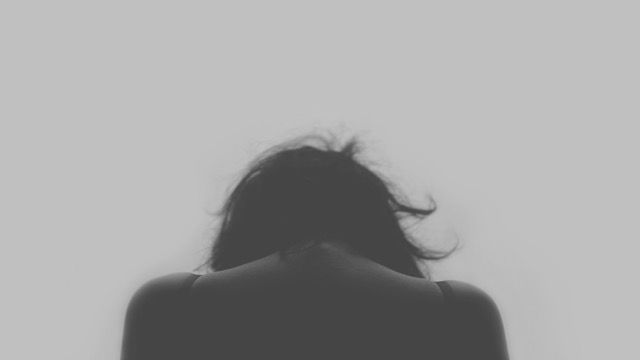As someone who wants to rabbit on about happiness, how to be happier, and actually wants people to listen, one of the first things I realised I needed to do was to admit that I didn’t start from a place of happiness. Otherwise I ran a serious risk of being seriously annoying (“Look at me, I’m so happy! Do what I say and you too can be happy!”) Instead, I had to be honest and admit that I got into this world at a time when I wasn’t very happy with my life.
Admitting to having been unhappy is a really hard thing to do in public, especially in this age of Facebook self-publicists (#blessed). It leaves you vulnerable, and open to the risk of being painfully mocked. But it’s also what creates connection. On the whole, people haven’t mocked me when I’ve been vulnerable with them. Instead, that is the moment when we start to have a proper conversation, when I feel the mood change in the room and people start listening to what I’m saying. By dropping my defences, they feel able to drop theirs.
It has also been important for me to think carefully about where the boundary should be of what I will and won’t talk about in public. I always admire actors who refuse to talk about their love-lives…
Sharing difficult experiences allows people to empathise, and I believe empathy is one of the most important emotions we need to cultivate (alongside gratitude of course!). In that vein, I would encourage anyone with a spare hour to watch the wonderful documentary “My Beautiful Broken Brain” about Lotje Sodderland’s stroke and convalescence. She has been so generous to let us into her world and her experience, e.g. letting us see the iPhone recording of her whispering about her despair in the dead of night from her hospital bed. I found it truly moving.


Lovely. Cannot wait to watch.